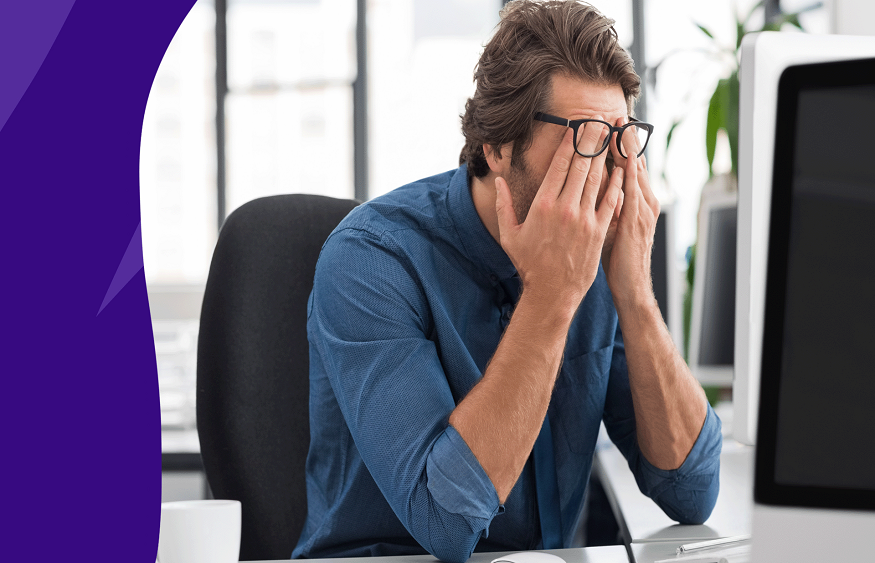Often, if not always, depressed patients try to explain their depression with rational causes. In order to find an explanation and make sense of their situation, they try to understand how they got there.
Generally, the thoughts focus on an environmental cause, such as moral harassment in the professional context, the loss of a loved one, loneliness, a personal cause, thinking of being too “weak”, devaluing oneself, and many others
However, these “explanations” are often more of a hindrance in the process of improving the person’s condition than a help.
Depression is the result of a mixture of different factors
Genetic factors
Many studies demonstrate a genetic influence in the occurrence of depression, but it is still only a predisposition (vulnerability) to develop the disease, which means that if one of the parents has developed depression, the probability of ‘developing one yourself is higher; (Even in the case of genetic predispositions, other factors must be added to trigger a depressive episode) (bio-psycho-social model).
Whether it is a cause or a consequence of depression, scientific studies have identified a correlation between biological disturbances and in particular brain functioning and the occurrence of symptoms of depression. Disturbances in certain chemicals present in the brain such as neurotransmitters or hormonal imbalances may be linked to depression. The action of antidepressants and psychotherapy lead to a biological improvement of these disorders and therefore of the patient’s condition.
Environmental factors
Certain psychological mechanisms can maintain or be “co-responsible” for a depressive state (difficulties in managing emotions, relationships or stress, limiting beliefs, etc.).
Social factors
Loss of direction, the breakdown of family structures, loneliness, or even precariousness are all factors that trigger a depressive episode.
Psychological factors
Certain psychological mechanisms can maintain or be “co-responsible” for a depressive state (difficulties in managing emotions, relationships or stress, limiting beliefs, etc.).
In summary, each person is unique and experiences, experiences and reacts in their own way in a difficult situation.
traumatic event, change in a person’s life
various illnesses (hypothyroidism, stroke, certain cancers, Parkinson’s disease, etc.), an interdependence between depression and health problems;
chronic pain
certain medications such as narcotics, tranquilizers, corticosteroids, anabolic steroids, hormonal pills, etc.
Advice to those around you
What behaviors to adopt?
Understand and reassure. Let the other person know that you understand their feelings, their suffering, that they are not responsible, that their condition is temporary and that the outcome will be favorable with a perspective that they do not yet see. Understanding and active listening are the best allies for you and the patient.
What you should not do
There is no point telling the depressed person that they need to make an effort or show willpower. Moralizing discourse has no place and only reinforces the feeling of unworthiness in others. We must avoid denigrating or rejecting with phrases like “You have everything to be happy” “You have no reason to be sad”. This will only reinforce the guilt and the feeling of incomprehension which constitute aggravating elements which can promote depressive symptoms and suicidal ideas.

